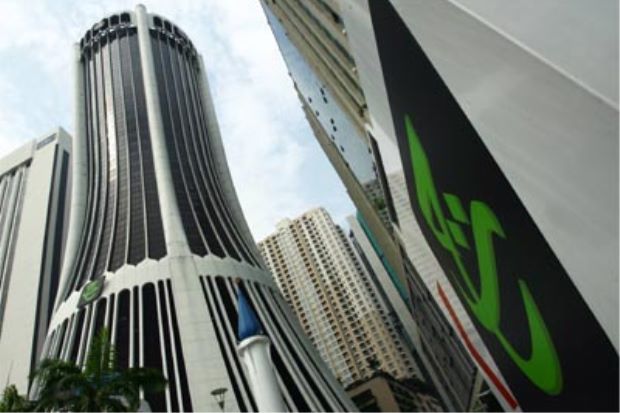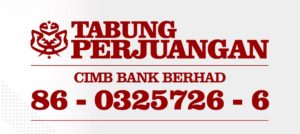
THE establishment of Tabung Haji (TH) under the Tabung Haji Act 1995 has dwi-function, which is (i) managing all aspects related to the operation and welfare of Hajj, and (ii) empowering the economy of the Muslims.
Here are 7 KEY RATIONALES why TH should not be placed under the supervision of Bank Negara Malaysia (BNM):
1. TH is not a bank offering loans or insurance/takaful to the public.
2. TH is not exposed to credit risk associated with the probability of borrowers not being able to repay the loan, which is the MAIN FOCUS of BNM.
3. TH is not a bank whose guarantee on depositors ‘money is only guaranteed of RM250,000 by Perbadanan Insuran Deposit Malaysia (PIDM), instead under the Tabung Haji Act 1995, every sen of depositors’ money is guaranteed by the Government without limit.
4. TH is not a bank where the Hibah rate of banks is regulated by Bank Negara so that the value is not too far so that there is an equal pitch, to prevent depositors from easily moving from one bank to another. On the other hand, TH is free to offer profit-based Hibah after deducting zakat as long as it does not violate the Act and is agreed by the Board and approved by the Auditor General.
5. TH is not a bank because its main activity other than managing the operational affairs of Hajj, is an institution that manages depositors’ funds to be invested either in the form of buying and selling shares/securities, engaging in partnership and enterprise activism, or being allowed to establish subsidiaries to engage in various forms of business such as plantations, real estate, hospitality, oil and gas and others.
6. TH is not a bank that only focuses on lending activities, instead it is involved in many forms of business in line with the mandate of the Tabung Haji Act which is clearly outside the regulatory scope and expertise of Bank Negara. For example, Bank Negara as the role of Central Banks around the world does not have the expertise to regulate business activities other than loans/insurance which are exposed to various risks other than credit risk, such as plantations, real estate, hospitality, oil and gas and others.
7. TH is an institution such as an asset management company that is more suitable to be regulated by the Securities Commission than Bank Negara Malaysia.
(2) If the aspect of governance which is the main consideration for TH is placed under the supervision of Bank Negara Malaysia, then UMNO Youth proposes that the following 5 THINGS can be done without sacrificing the basis and purpose of the establishment of TH:
First, TH can be broken down into two main sectors:
(i) The Fund Management Sector which is responsible for managing the savings of prospective Hajj and is professionally administered by a qualified and licensed fund management in accordance with the guidelines and regulations set by the Securities Commission Malaysia.
(ii) Hajj Management Operations Sector which is fully responsible for the welfare management and affairs of Hajj pilgrims from aspects before performing Hajj (courses, documentation) to Hajj manasik management while in the Holy Land which is the main advantage and expertise of TH since the beginning of establishment.
Second, the division of these two sectors to ensure that those who manage the funds and spend the funds are from two different entities. This can further enhance the level of effectiveness and efficiency of TH’s corporate governance.
Third, the TH Board is the parent body that governs these two sectors with their respective boards and management and there can be no duplication of personalities or responsibilities. This ensures independence between the two sectors involved in fund management and the use of funds in the form of hajj operations.
Fourth, the selection of TH Board members and the Board of Directors of the above two sectors can be done by a Parliamentary Committee which acts to select candidates who are truly qualified, professional and have the specific expertise required according to the needs of the business activities in which TH is involved.
Fifth, the election of members of the TH Board and the Board of Directors of the above two sectors must be independent of those holding positions in any political party. This practice can benefit from the Guidelines on the Governance of Financial Institutions by BNM which stipulates that among the criteria, the Bank’s Board of Directors cannot hold political party positions.
Any action to streamline and improve aspects of TH governance must be based on a holistic understanding of the unique and special nature and nature of the organization. This is to avoid any simplistic approach that is seen as hasty to the point of sacrificing the goal of establishing TH which during the BN era showed very good financial performance and was trusted by the people!
Dr. Asyraf Wajdi Dusuki
Youth Chief







